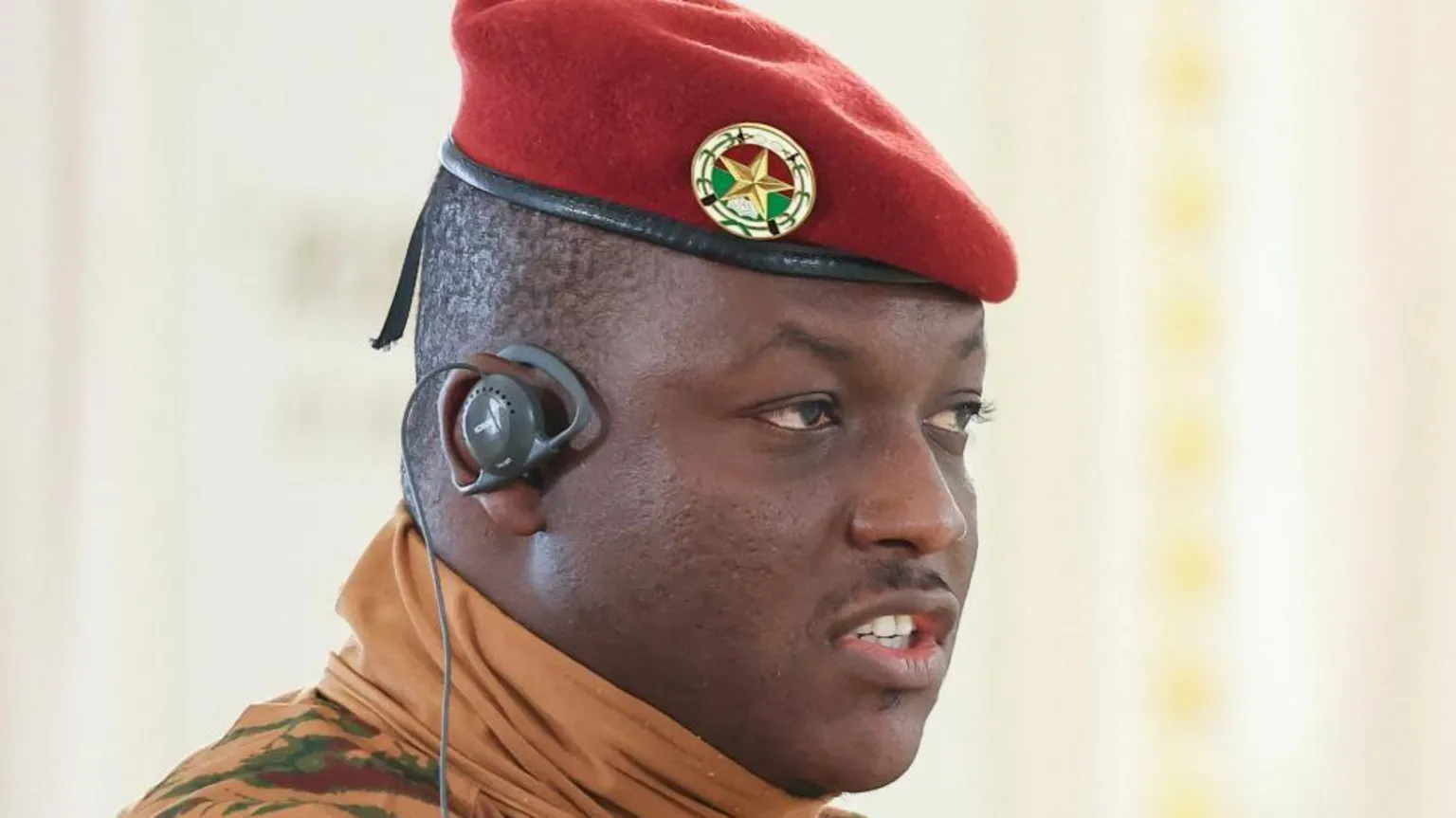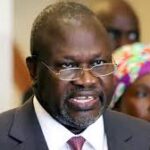Burkina Faso has officially announced the removal of visa fees for all African travellers, a landmark decision aimed at strengthening Pan-African ties, boosting trade, and promoting free movement across the continent. The announcement was made on Thursday by the country’s Security Minister, Mahamadou Sana, following a cabinet meeting chaired by the nation’s military leader, Captain Ibrahim Traoré.
“From now on, any citizen from an African country wishing to go to Burkina Faso will not pay any amount to cover visa fees,” the minister declared, emphasizing that the new system is intended to make travel to Burkina Faso easier for Africans. However, visitors will still be required to complete an online visa application that must be reviewed and approved before entry.
The decision places Burkina Faso among a growing list of African countries including Ghana, Rwanda, and Kenya that have recently taken steps to ease or remove visa requirements for fellow Africans. These moves are part of a broader continental vision to break down barriers to intra-African travel, a goal strongly promoted by the African Union (AU) in its Agenda 2063 framework.
Currently, citizens of West African countries can already travel freely to Burkina Faso without visas due to regional agreements. However, this arrangement may change in the future, given that Burkina Faso, along with Mali and Niger its neighbors also under military rule, recently withdrew from the regional bloc ECOWAS.
Captain Ibrahim Traoré, who came to power in a 2022 coup, has built an image as a charismatic young leader championing Pan-Africanism while openly criticizing Western influence and colonial legacies. His bold rhetoric and populist approach have won him admirers across Africa, with social media playing a key role in amplifying his image. However, critics argue that his rule has also been marked by authoritarian tendencies, restrictions on dissent, and an inability to decisively resolve the country’s deteriorating security situation.
Like its Sahel neighbors, Burkina Faso is locked in a battle against armed jihadist groups linked to al-Qaeda and Islamic State. Estimates suggest that nearly 40% of Burkina Faso’s territory remains outside government control, with insurgents staging frequent and deadly attacks despite the junta’s promises to improve security and its pivot toward seeking new alliances, including closer ties with Russia.
Nevertheless, the announcement to scrap visa fees is being framed as a significant step in reaffirming Burkina Faso’s commitment to Pan-African solidarity and regional integration. A statement from the junta’s information service described the policy as a reflection of the country’s dedication to promoting unity, easing trade, and enhancing cultural exchange across Africa.
“This free visa system for African nationals will also help promote tourism and Burkinabe culture, and improve Burkina Faso’s visibility abroad,” the statement read. The government expressed optimism that the decision would not only strengthen diplomatic relations but also stimulate economic growth by making it easier for African entrepreneurs, investors, and tourists to engage with the country.
Burkina Faso’s new policy is part of a wider continental shift. In January 2024, Ghana announced that all African passport holders could now enter the country without a visa. Similarly, Kenya introduced a visa-free travel system in 2023, although visitors are still required to complete an online pre-travel authorization form. These reforms underscore a growing recognition that intra-African mobility remains far more restricted than travel between Africa and Western nations, with studies showing that Africans often face more difficulty moving within the continent than outsiders do.
For Burkina Faso, this bold decision sends a clear message about its Pan-African vision despite its political isolation following its exit from ECOWAS. By removing visa fees for African nationals, the country positions itself as a champion of continental integration at a time when unity and collaboration are seen as essential tools for addressing Africa’s shared challenges, including insecurity, economic hardship, and external dependency.
As the new visa-free system comes into effect, many will be watching closely to see how it impacts tourism, trade, and cross-border cooperation. While Burkina Faso continues to face immense security challenges, this policy shift represents a tangible step toward strengthening ties with fellow African nations and advancing the dream of a borderless continent.













Leave a comment